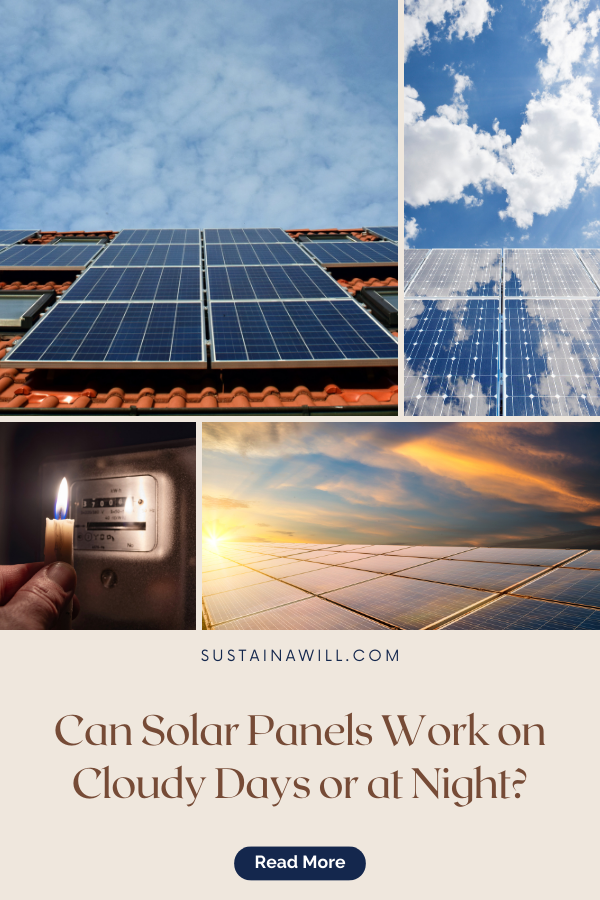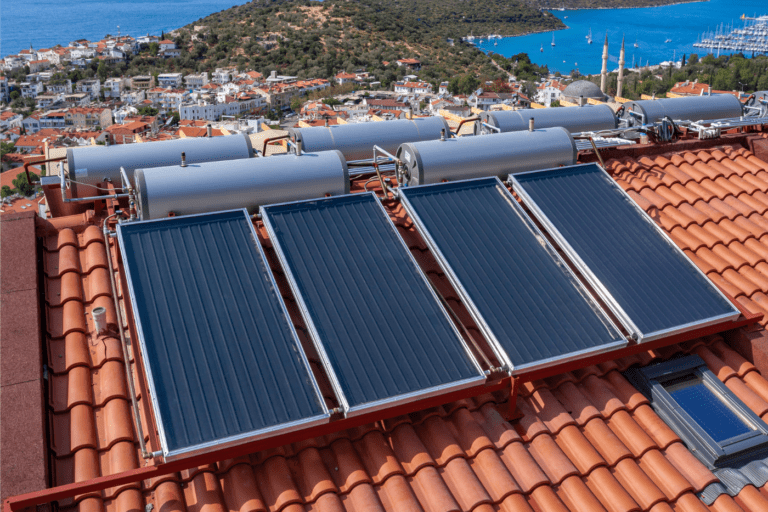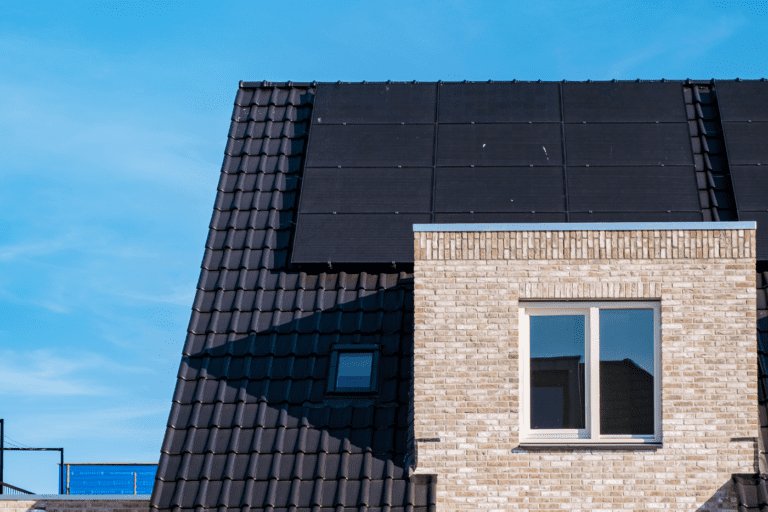Ever wondered if solar panels can truly meet your energy needs, especially when faced with overcast skies or the absence of sunlight during the night? It’s a common concern that many prospective solar adopters share.
In this read, we tackle if solar panels work on cloudy days or at night, exploring the potential challenges and solutions.
How Do Solar Panels Work?
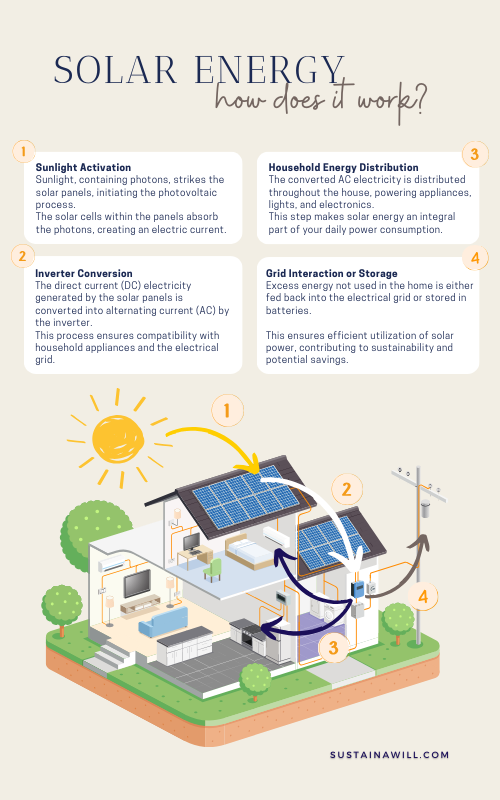
Solar panels operate on the principle of converting sunlight into electricity through a process known as the photovoltaic effect.
Here’s a simplified breakdown:
- Photovoltaic Cells: Solar panels consist of photovoltaic cells, typically made of semiconductor materials like silicon.
- Photon Absorption: When sunlight hits these cells, photons (light particles) are absorbed by the semiconductor material.
- Electron Excitation: The absorbed energy excites electrons, creating an electric current within the material.
- Electricity Generation: This flow of electrons constitutes electricity, which is then captured and channeled for various applications.
For more in-depth info on how solar panels work check out this helpful blog post here.
Do Solar Panels Need Sunlight or Just Daylight?
While direct sunlight is ideal for optimal performance, solar panels can generate electricity even in indirect or diffused light conditions.
They are capable of harnessing energy from daylight, cloudy skies, or ambient light. However, the energy output will be significantly reduced in lower light conditions compared to direct sunlight.
What Is the Best Time of Day to Use Solar Panels?
The effectiveness of solar panels is highest when the sun is at its peak, typically around midday when sunlight is most direct and intense. This period provides the maximum amount of sunlight for efficient electricity generation.
However, solar panels continue to produce electricity throughout daylight hours, making them a valuable energy source from sunrise to sunset.
Do Solar Panels Work on Cloudy Days?
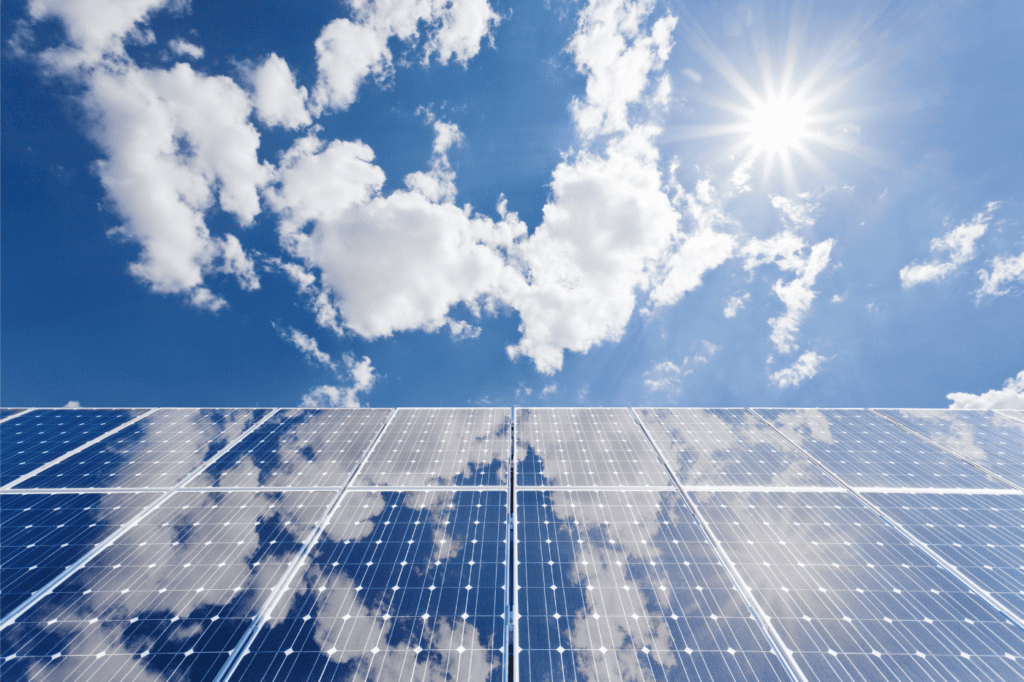
Yes, solar panels can generate electricity on cloudy days, but their output efficiency is reduced compared to sunny conditions. The amount of sunlight reaching the panels affects their performance.
An experiment conducted over at footprinthero.com illustrates this effect with a 100-watt solar panel:
- Full Sun: Output measured at 90 watts.
- Light Cloudy Day: Output reduced to 48 watts (46.67% decline).
- Partly Cloudy: Output further reduced to 30 watts (66.67% decline).
- Mostly Cloudy: Output drops to 20 watts (77.78% decline).
- Fully Covered Day: Output diminishes to 8 watts (91.11% decline).
While solar panels are way less efficient in cloudy conditions, they still contribute to energy generation, showcasing the adaptability of solar technology under varying light intensities.
What type of solar panels are best for cloudy days?
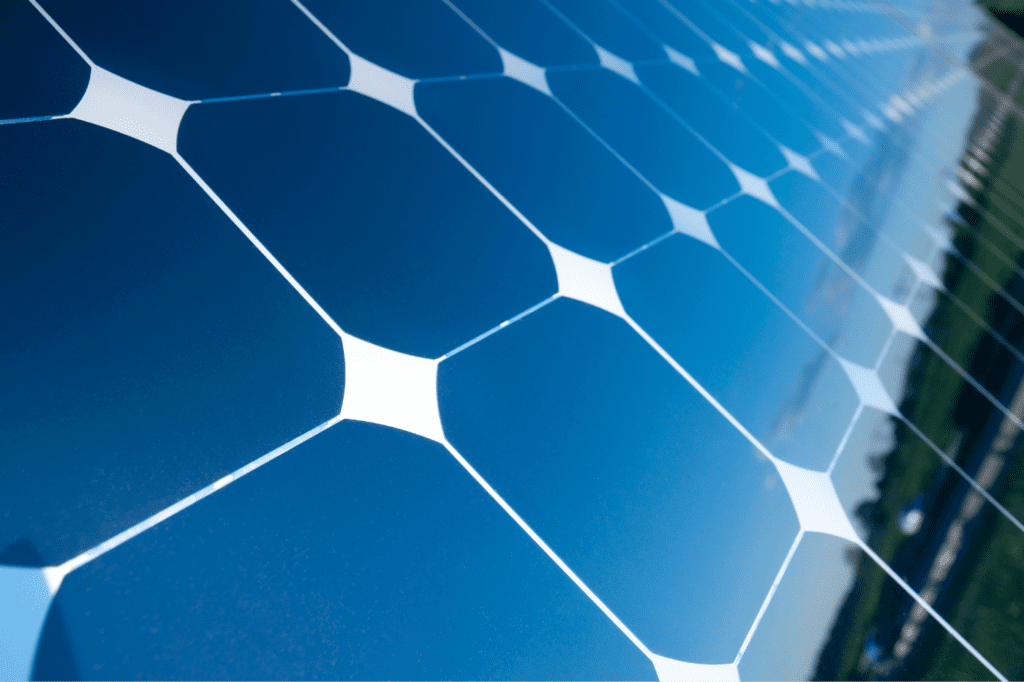
The efficiency of solar panels on cloudy days is influenced by various factors, and certain types of solar panels perform better than others in low-light conditions.
Here are some types that tend to perform well:
- Monocrystalline Solar Panels:
- These panels are known for their high efficiency and can handle low-light conditions better than other types. They are made from a single crystal structure, allowing for more effective absorption of sunlight.
- Thin-Film Solar Panels:
- Thin-film panels, such as those made with amorphous silicon (a-Si), perform relatively better in diffuse or indirect sunlight. They are more flexible and can adapt to changing light angles.
- Bifacial Solar Panels:
- Bifacial panels can capture sunlight from both the front and rear sides. This allows them to generate electricity by reflecting light from surfaces like the ground or nearby structures, making them more efficient in diffuse light.
- Multi-Junction Solar Cells:
- Commonly used in concentrated photovoltaic (CPV) systems, multi-junction cells are designed to capture a broader spectrum of sunlight. They can be more effective in conditions with lower light intensity.
While these types may perform better in cloudy conditions, it’s essential to note that no solar panel can match the efficiency achieved in direct sunlight.
Additionally, advancements in technology continue to improve the performance of solar panels under various light conditions.
Do Solar Panels Work at Night?
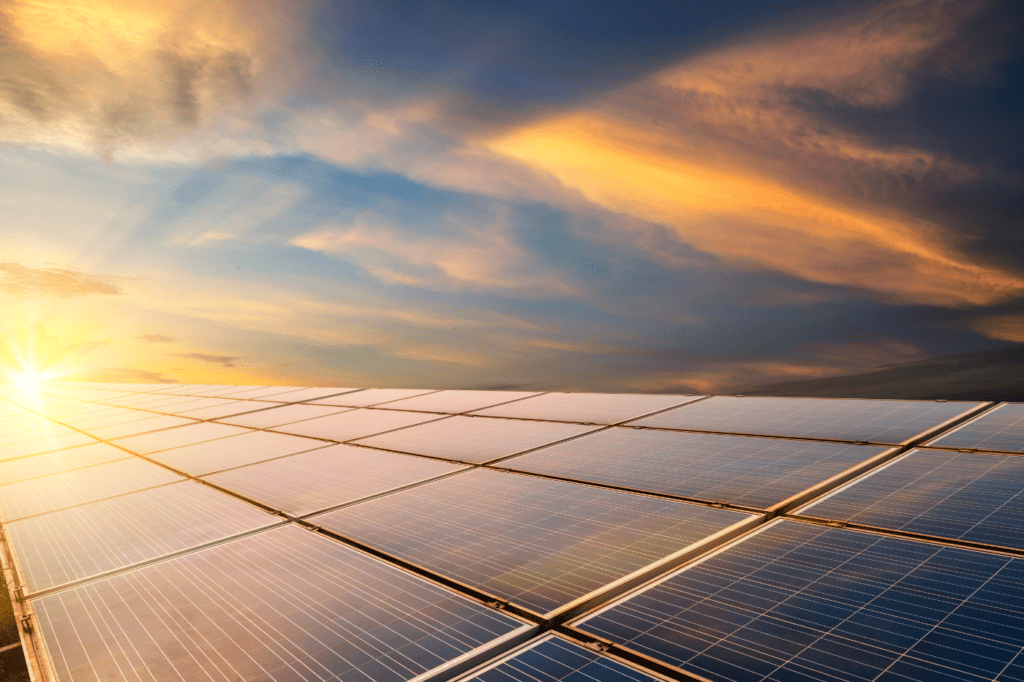
No, solar panels do not generate electricity at night. Solar panels rely on sunlight to initiate the photovoltaic process, where sunlight is converted into electricity.
Without sunlight, there’s no source of energy to produce electricity. However, there are technologies, such as solar batteries, that store excess energy generated during the day for use at night, enabling a continuous power supply.
Does My Solar Inverter Turn Off at Night?
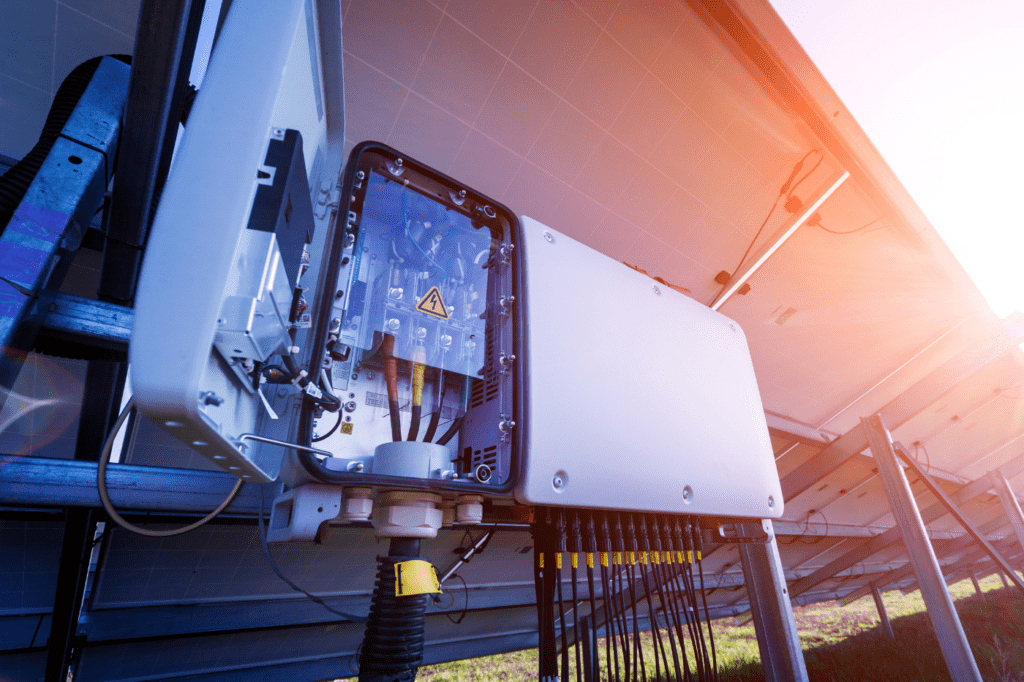
Yes, in most cases, solar inverters turn off at night. Solar inverters are designed to convert direct current (DC) generated by solar panels into alternating current (AC) for use in your home or to feed into the grid.
When there’s no sunlight, the solar panels are not producing electricity, and the inverter typically shuts off to conserve energy and prevent unnecessary power consumption.
It automatically resumes operation when sunlight is detected, and the panels start generating electricity again.
Solar Energy Storage Options to Use on Cloudy Days or at Night
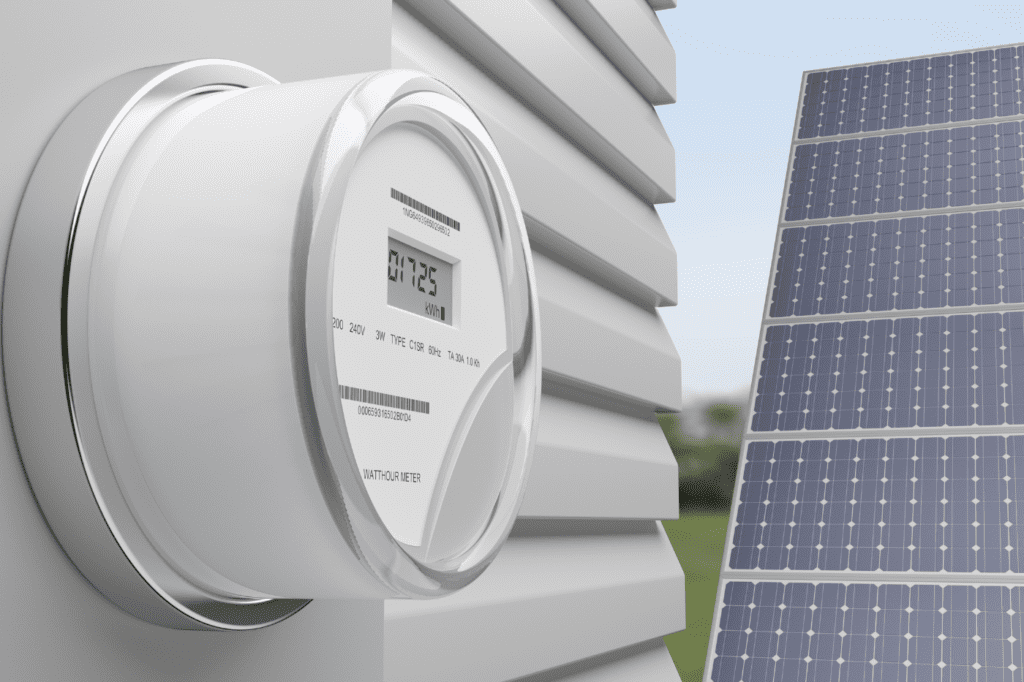
To address the intermittent nature of solar energy production, especially during cloudy days or at night, various energy storage options can be employed to store excess energy generated during sunny periods.
Here are some common solar energy storage solutions:
Solar Batteries
- Lithium-Ion Batteries: Widely used for residential solar energy storage due to their high energy density, efficiency, and longer lifespan.
- Lead-Acid Batteries: A more traditional option that is cost-effective but has a shorter lifespan compared to lithium-ion batteries.
- Standard solar batteries can store energy for one to five days, providing short-term power backup.
Net Metering
- With a grid connection and net metering, excess energy generated by your solar panels is fed back into the grid.
- Receive credits for the surplus energy, which can be used during times when your solar system isn’t producing.
LESS USED
Flow Batteries
These batteries use chemical components dissolved in liquid form. They can offer scalability and longer cycle life.
Supercapacitors
While not as common as batteries, supercapacitors can store and release energy quickly. They are known for their high power density.
Thermal Energy Storage
Systems that store solar energy in the form of heat. This can include molten salt storage, where heat is retained in a salt solution and later converted to electricity.
Hydrogen Storage
Electrolysis can be used to produce hydrogen from excess solar electricity. The hydrogen can then be stored and used later to generate electricity through fuel cells.
Pumped Hydro Storage
This involves pumping water to an elevated reservoir during periods of excess solar energy. The stored gravitational potential energy is then converted back to electricity when needed.
Compressed Air Energy Storage (CAES)
CAES systems store excess energy by compressing air into underground caverns. The compressed air is released later to generate electricity.
Implementing energy storage solutions allows for the utilization of solar energy during times when the sun is not shining, contributing to a more reliable and consistent power supply.
How long does a solar battery last at night or during outages?
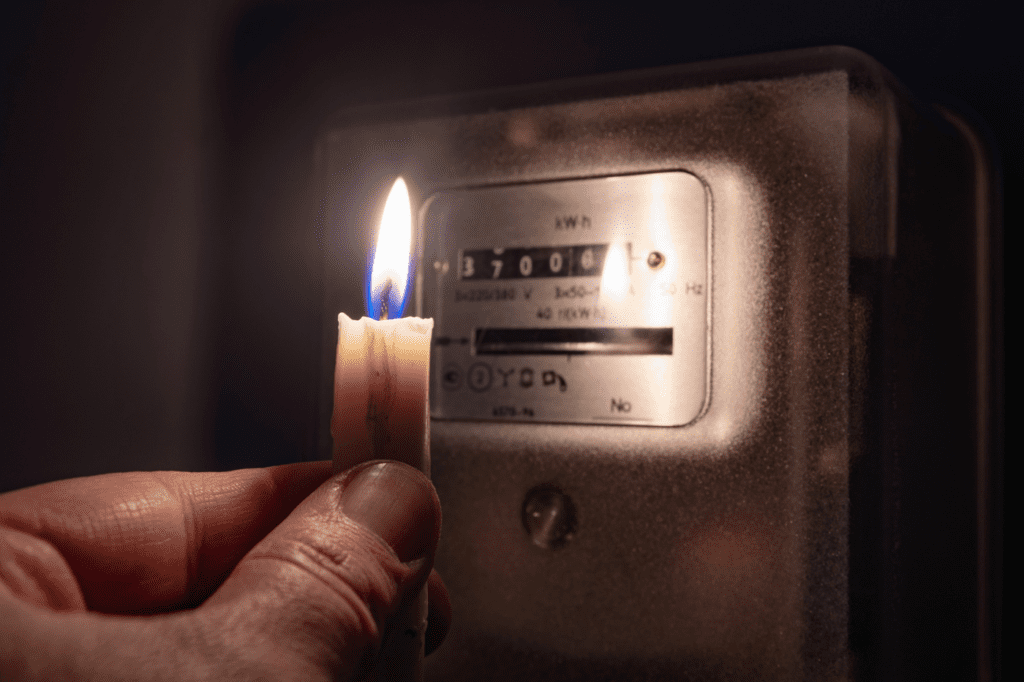
The duration a solar battery lasts at night or during outages depends on its capacity and the power requirements of the connected appliances.
Here’s a breakdown:
5kWh Solar Battery
- Lasts approximately 6 hours when running essential appliances like TV, fridge, and lights.
- Drains more quickly if heavy-duty appliances like air conditioners are used.
10kWh Solar Battery
- Can provide approximately 10 to 12 hours of backup power when running essential appliances.
- Offers a longer duration compared to a 5kWh battery, suitable for heavier power loads.
It’s important to note that the actual duration may vary based on factors such as the energy efficiency of appliances, the state of charge of the battery, and any fluctuations in power demand.
A standard solar battery can hold a charge for 1 to 5 days. This means that battery storage is suitable for taking over your energy needs in the short term.
Conclusion
In summary, solar panels prove their reliability even in less favorable conditions. While their efficiency may dip on cloudy days or at night, innovations like energy storage enhance their overall performance.
Considering solar for your home? Acknowledge the trade-offs – initial costs and potential limitations – but also the long-term gains. Make an informed decision, connecting with solar providers and exploring financing.
Take a step towards a sustainable future. Go solar for reduced bills and a cleaner environment. Act now to secure a brighter and greener tomorrow.
